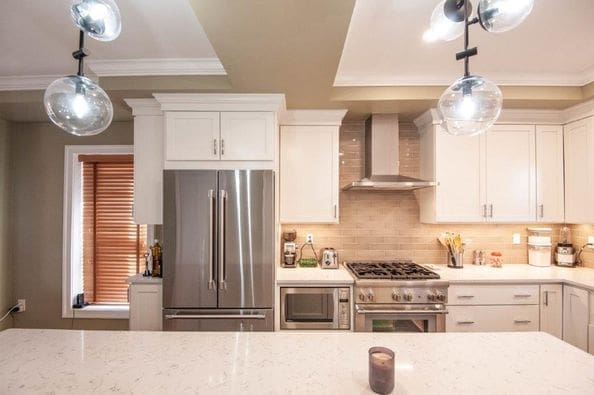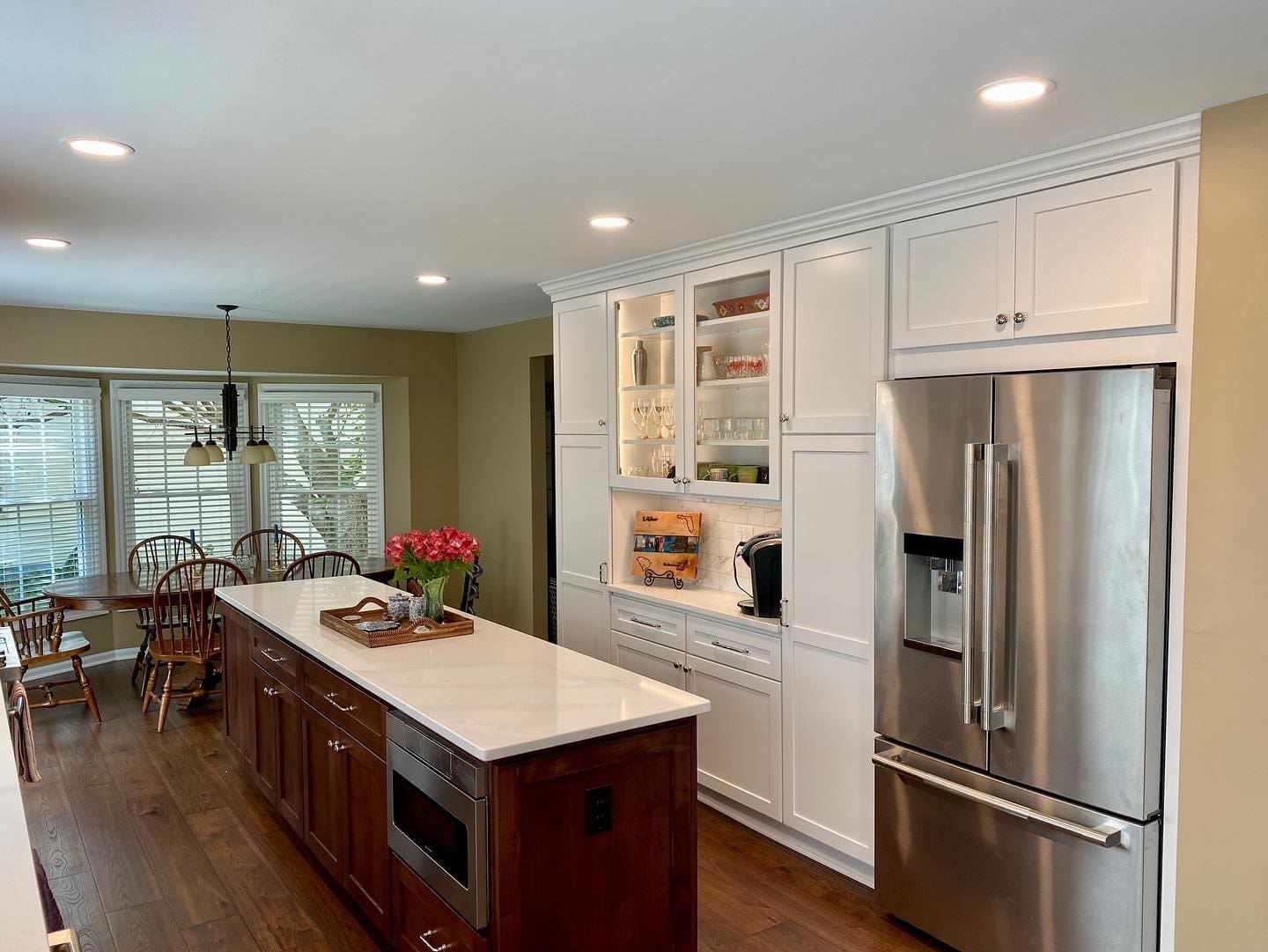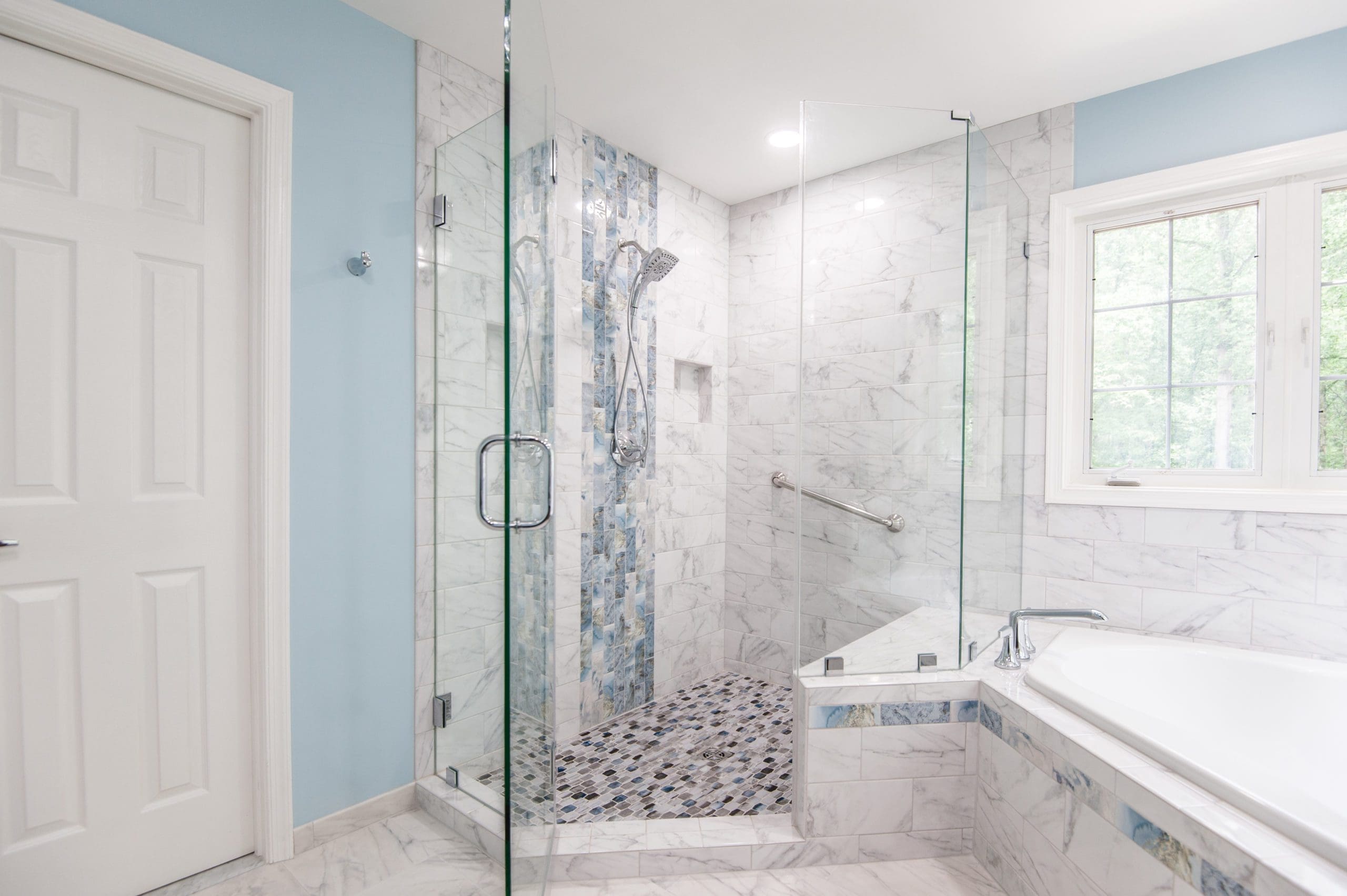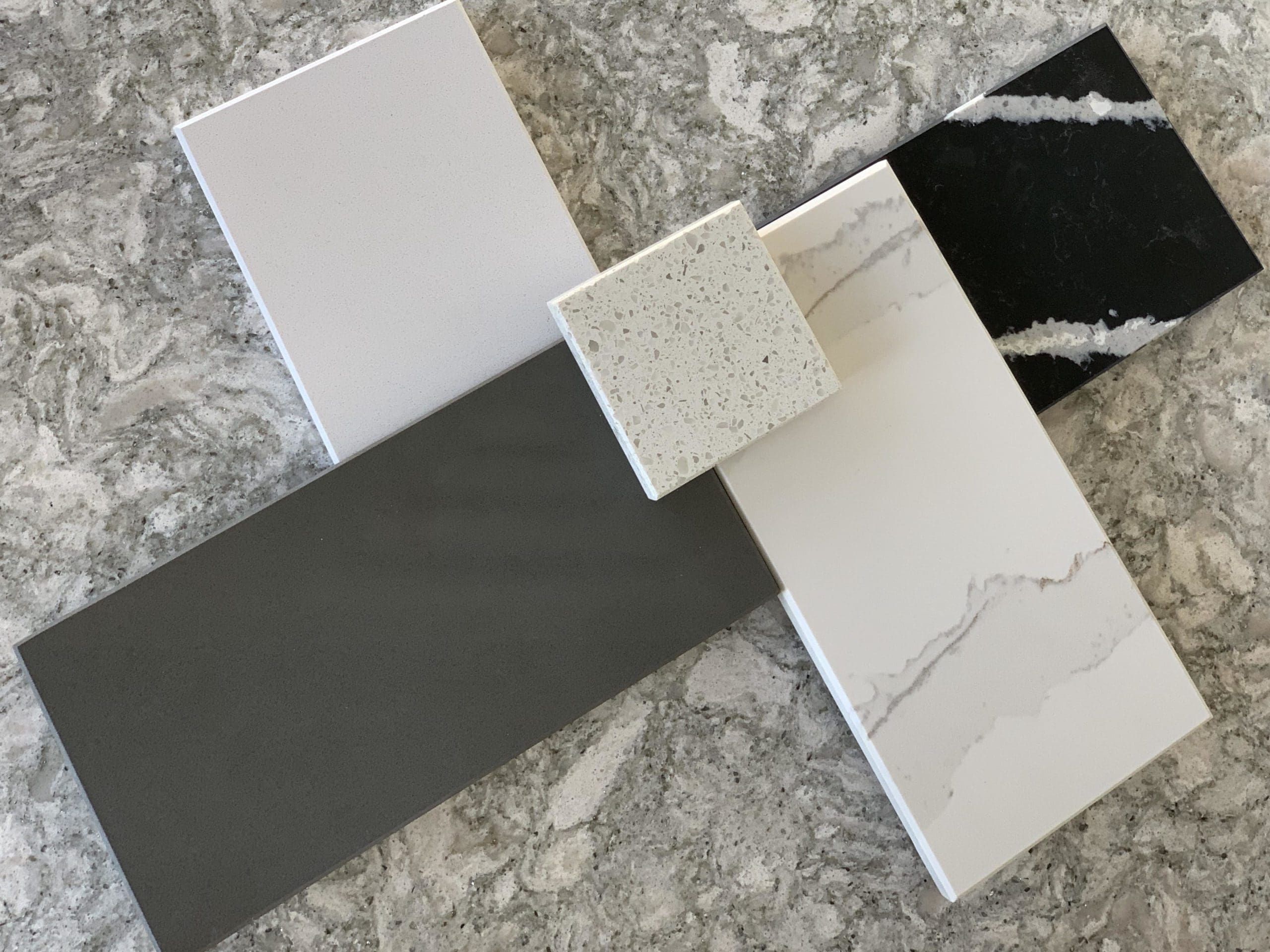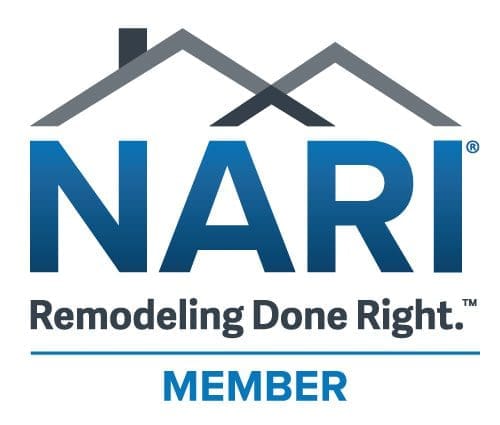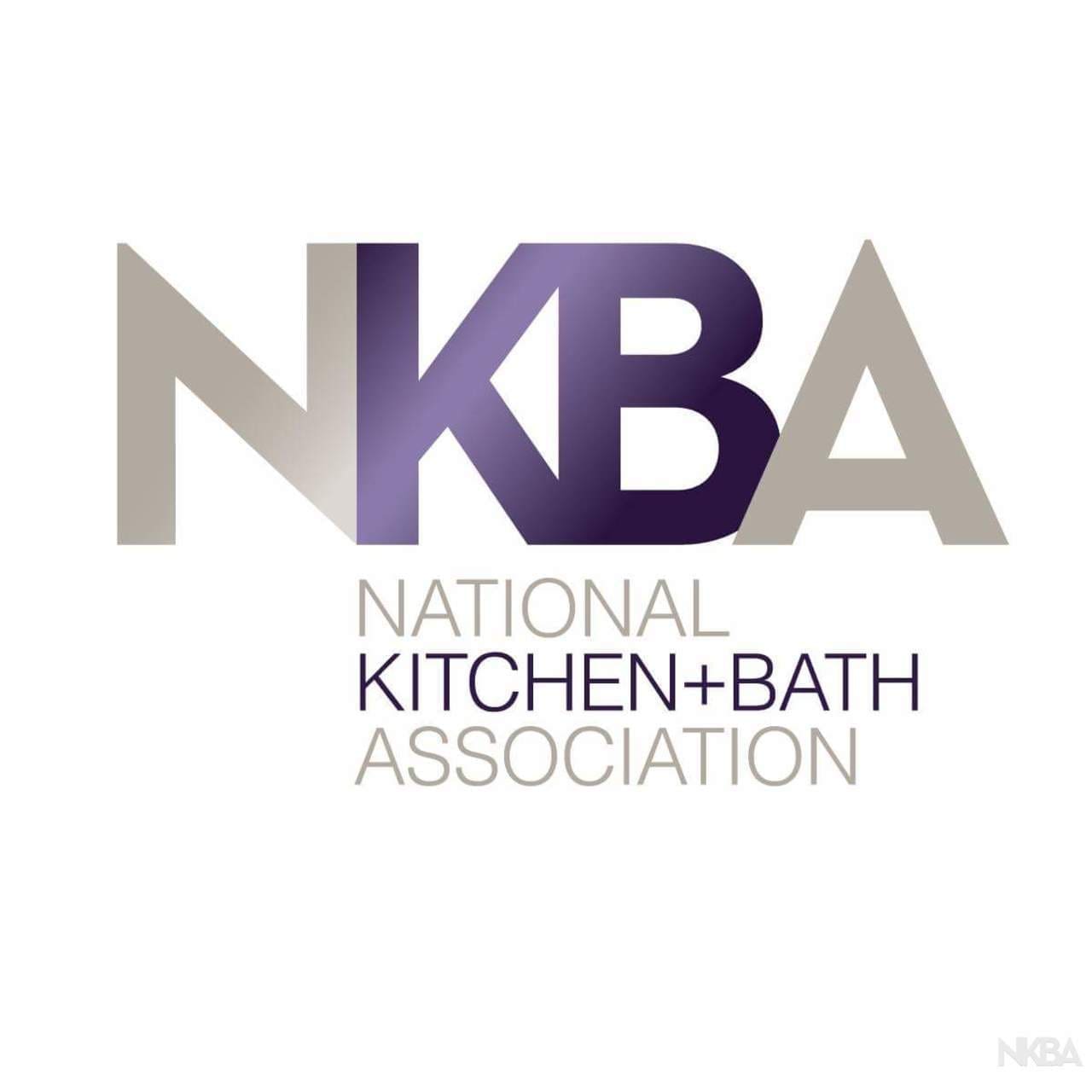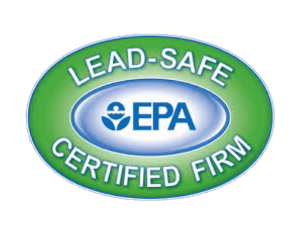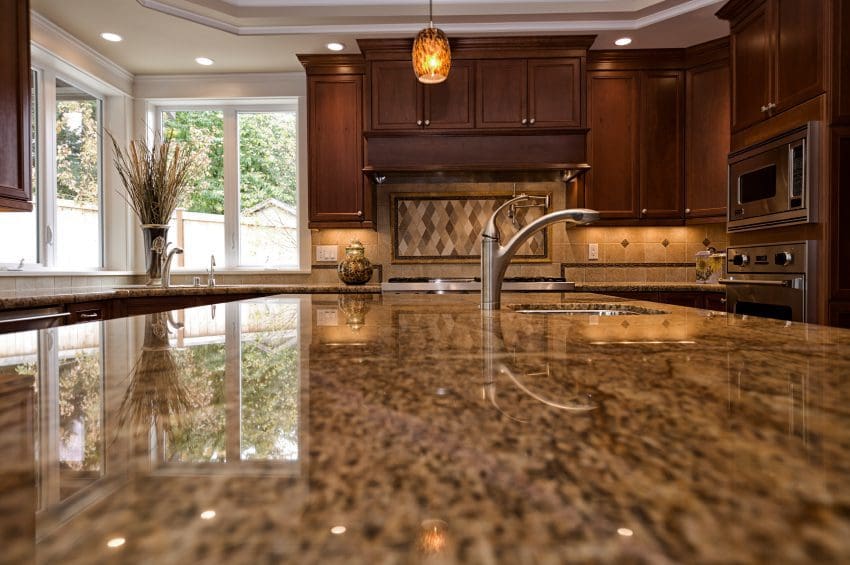 The growing popularity of granite and quartz countertops is a well-deserved recognition for two outstanding countertop materials that have earned their right to be included in the finest of kitchen projects, including yours’. Granite is a natural product, mined from the earth, which is cut, polished and sealed before it makes its way into your home. Quartz is a man-made product that incorporates an extremely hard and resilient resin with the natural aggregate, quartz, found in granite. Inasmuch as both these options reside along the same pricing scale, a consumer will need to take other characteristics into consideration before settling on one, or the other, of these materials. Of course, both have their inherent advantages and both have their disadvantages when it comes to countertops. Understanding the appeal of each of these materials, as well as their unique service and maintenance requirements, should assist you in making the most informed decision with your new countertop.
The growing popularity of granite and quartz countertops is a well-deserved recognition for two outstanding countertop materials that have earned their right to be included in the finest of kitchen projects, including yours’. Granite is a natural product, mined from the earth, which is cut, polished and sealed before it makes its way into your home. Quartz is a man-made product that incorporates an extremely hard and resilient resin with the natural aggregate, quartz, found in granite. Inasmuch as both these options reside along the same pricing scale, a consumer will need to take other characteristics into consideration before settling on one, or the other, of these materials. Of course, both have their inherent advantages and both have their disadvantages when it comes to countertops. Understanding the appeal of each of these materials, as well as their unique service and maintenance requirements, should assist you in making the most informed decision with your new countertop.
Granite: The natural, durable solution
Granite is classified as an igneous rock, which means that it was once molten lava which cooled over the course of a million years, or so. This geological process renders this composition of aluminum oxide, silicon dioxide, feldspar and quartz into an extremely hard and dense stone. The common shades of granite are of a brown, black or green hue, but can possess nearly any color. Minerals that are indigenous to any particular geographical area from which it is mined can dominate the shading characteristics, producing gold, red, orange, blue, etc.
As with any natural product, there may be inconsistencies of pattern and color expression indicated in any given slab that is used for countertop material. This shouldn’t be considered a defect, by any means but, instead, a characteristic of the beauty of the product. Those individuals who truly love granite appreciate such inconsistencies and applaud the variations of color and mottling. It’s always best to choose your granite from an entire slab rather than a small, hand-sized sample.
The benefits of granite countertops range from aesthetic to utility and value. With the extremely broad range of color variations it’s virtually impossible to not find one that suits your color and decorating scheme. The inherent hardness of the stone translates into a surface that is suitable for a cutting surface as well as being impervious to damage caused by direct contact with a hot pan or spills. Granite is also known for increasing the value of the home as well as retaining its own value over time. The drawbacks of granite tend to be minimal and are associated with maintenance-related concerns. Your granite countertops will arrive sealed and polished. Normal wear-and-tear as well as the cleaners you choose to use will affect the appearance of the granite. It may be required of you to seal the granite periodically in order to keep it looking sharp.
Quartz: Improving upon Nature’s blueprint
Inspired by the natural colorations, variations and polished appearance of granite, quartz countertops go a step further in minimizing some of the maintenance woes commonly associated with granite or other natural stone surfaces. Quartz is a man-made product that is approximately 90% natural stone aggregate and 10% acrylic resins and polymer. This formulation achieves the realistic visual of natural stone mottling and graining while incorporating the maintenance benefits of being encased within a synthetic resin. The authenticity of this stone replica is accomplished by the scale of the natural aggregate that is used in the production of quartz. A larger scale aggregate is used when mimicking a coarse-looking granite composition while a very fine scale is used when formulating something that is intended to be smooth like marble or travertine. The finished product is then polished, responding nearly identically to that of its natural counterpart in sheen and luster.
Unlike natural granite and stone countertops, quartz doesn’t require a routine of sealing in its maintenance regimen. It is far more stain resistant than stone and will not ‘etch’ when exposed to highly acidic food substances or cleaners. Such benefits are solely due to the inherent characteristics of the resin that is used to bind the aggregate. However, inasmuch as these resins and polymers are significantly more heat sensitive than natural stone, precautions need to be adhered to with regards to exposing the surface to too much heat. In other words, make sure you use pot-holders and hot-plates when storing hot objects on quartz countertops. The only other concern that could be addressed with quartz is that of aesthetics. For those who have an eye for detail and love the impurity of natural stone, quartz is very constant and consistent in pattern and coloration.

